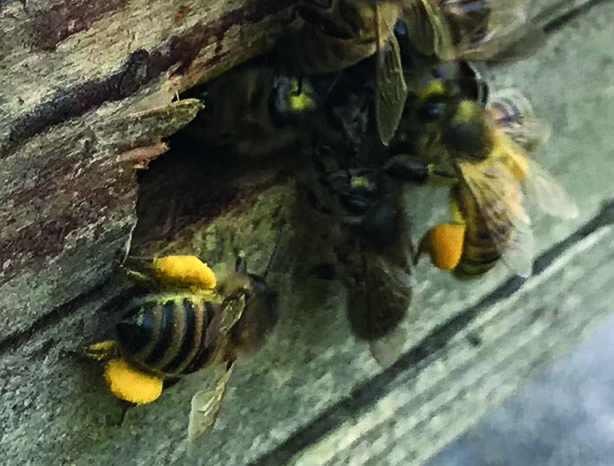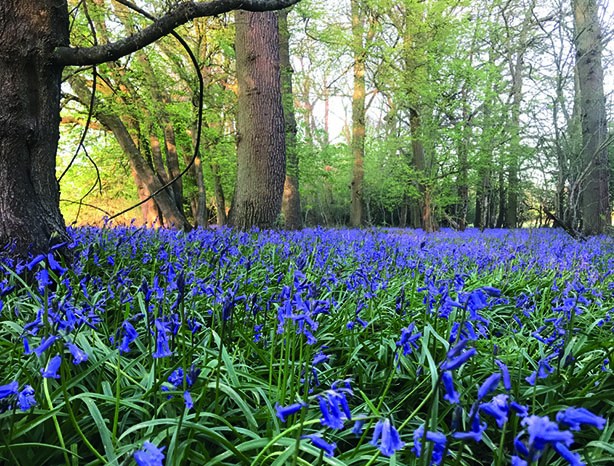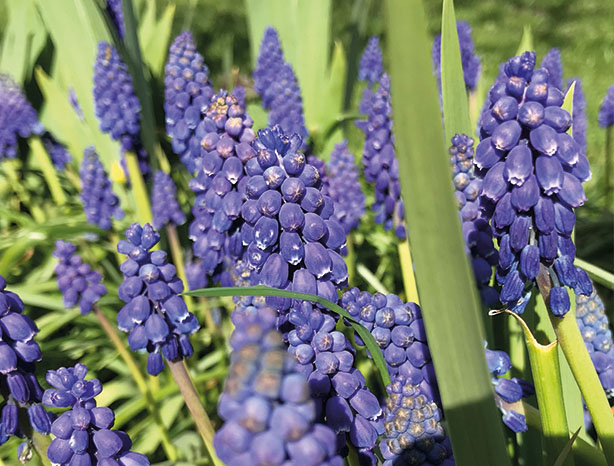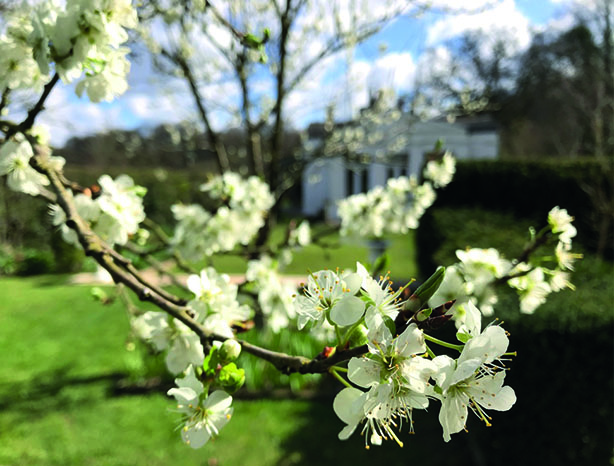Bee blog for May: Jack Frost has done his worst but all is not lost
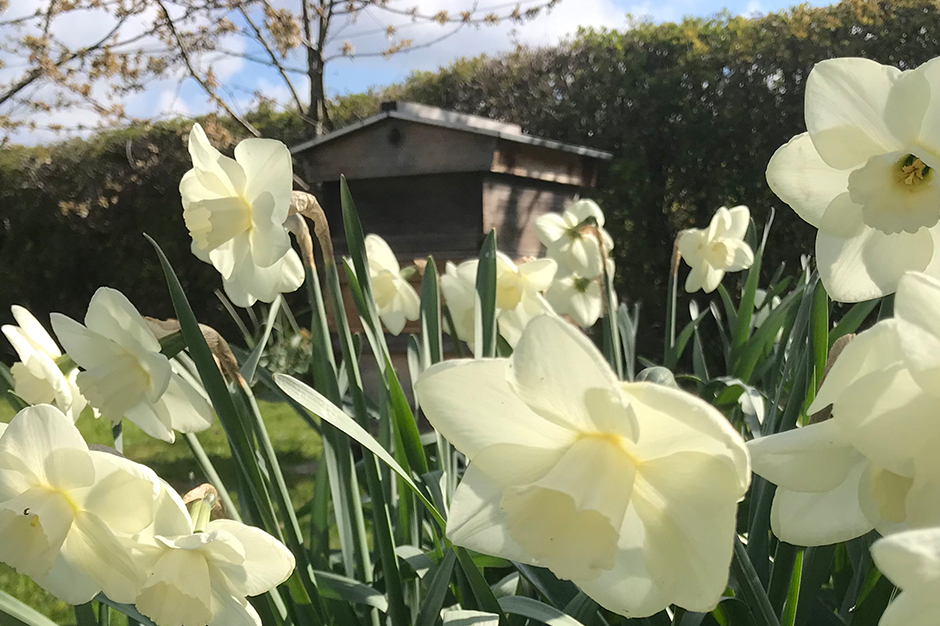
Rain has finally arrived to relieve a parched East Surrey. What a difficult April it has proved to be for both the bees and the garden.
It is official, provisional data from the Met Office suggests it has been the frostiest April for at least 60 years – with the lowest average minimum temperatures since 1922.
Here at Southlands at the end of April we have only seen two mornings above freezing over the previous two weeks and in the last five weeks, we have had snow and only one millimetre of rain. The impact on the garden and the bees has been significant – everything is arrested and late.
Spring Honey
The colonies have progressed slowly, the cold nights have prevented the queen from increasing her rate of egg laying. The expected expansion of the brood chamber with eggs and young bees has not happened. Consequently, there are not the numbers of worker bees to take advantage of the foraging opportunities that are available. Locally, oil seed rape is the primary source of early spring honey. Although the fields are yellow the crop is poor. The lack of rain has suppressed plant growth and the crop has gone to seed early. This means low yields for the farmer and a short honey foraging opportunity for the bees. Hopefully, warmer weather will arrive. The signs are good, and the queen has increased her egg laying significantly. All being well, there will be a good nectar flow from the horse chestnut and other late spring flowers to produce a spring honey crop after all. The oil seed rape honey has been missed.
- Bringing home the pollen
- Bluebells
Delights in the Garden
Despite the unseasonably cold weather there are great pleasures to be found in the garden. The scented blossoms are a wonderful tonic to be enjoyed on a warmer day: we have viburnum, magnolia, clematis and narcissi that smell beautifully. Additionally, flower scents are to be savoured during a walk through our bluebell woodland and in the cherry orchard apiary.
There is often a silver lining to any difficulty. The prolonged frosts have kept the fern fronds tightly curled and wisteria racemes in early bud. They can now develop and put on a show and are unlikely to be frost burnt. Something to be enjoyed in the weeks ahead.
- Hyacinth mascari
- Fruiting cherry blossom
You can discover more about the National Garden Scheme’s bee-friendly gardens,
how to plant for bees, and read stories from our bee-keeper garden owners here




